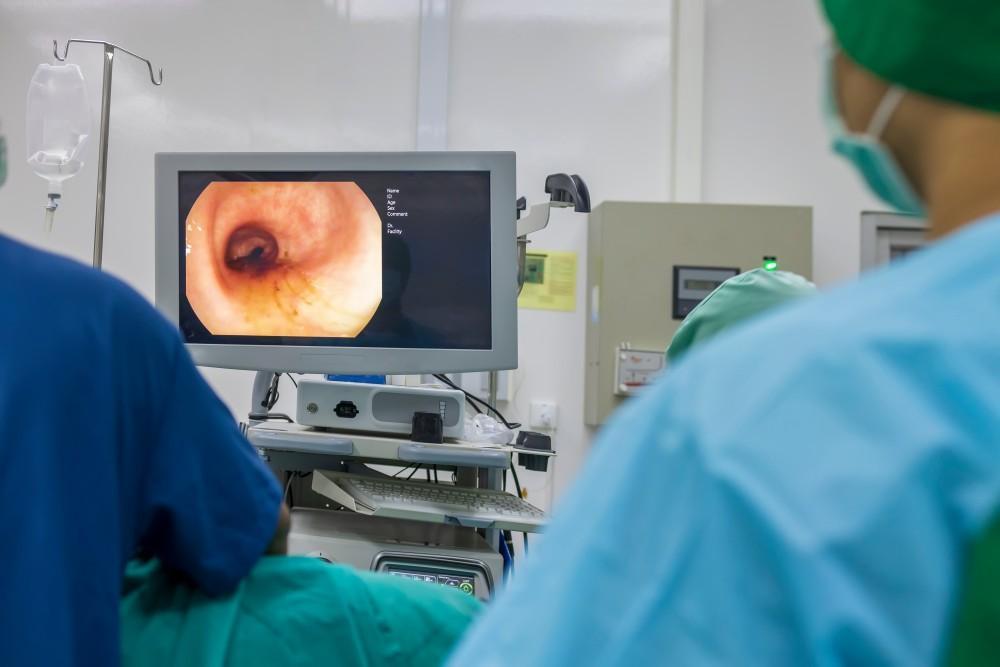
How Often Do I Need a Colonoscopy?

Cancer doesn’t usually come with a lot of good news attached, but colon cancer does. When caught early enough, colon cancer isn’t just treatable, it’s curable.
That’s why the caring and expert team at Colon and Rectal Surgeons of Greater Hartford recommends regular colonoscopies. A colonoscopy is the best, most accurate way to tell if you have colon cancer or precursor lesions that should be removed.
How often should you get a colonoscopy? The answer depends on your situation. And your colon.
If you’re at average risk for colon cancer
If you don’t have a history of gastrointestinal diseases, such as inflammatory bowel disease (IBD), and you don’t have a family history of colon cancer, you should get your first colonoscopy at age 45. About 90% of colorectal cancers occur after the age of 50.
When you get a colonoscopy, your doctor inserts a miniature camera through your anus to examine both your rectum and your colon (aka, the large intestine). The colonoscope visualizes the lining of your colon so your doctor can detect abnormalities, such as cancerous tumors or precancerous polyps.
Even though most polyps don’t develop into cancer, some do. As a precaution, your doctor removes polyps and other unusual lesions during your colonoscopy and sends any abnormal tissue to pathology for analysis.
If the results come back that you have cancer, they remove the tumor and may need to remove part of your colon, too. They then refer you to an oncologist. If your colon was clear, however, you don’t need another colonoscopy for 10 years.
If you’re at high risk for colon cancer
If you’re at high risk for colon cancer, you should get your first colonoscopy before age 45. You may have to start as early as your teen years if you have a strong family history of genetic abnormalities that increase your risk for colorectal cancer.
If you have inflammatory bowel disease (IBD), have your first colonoscopy within eight years of your diagnosis. Talk to your colorectal specialist if you have other risk factors to determine when to start. Risk factors for colon cancer include:
- Family or personal history of colorectal cancer
- Family or personal history of certain kinds of polyps
- IBD diagnosis
- Radiation treatment to abdomen or pelvis for other cancers
- Family history of familial adenomatous polyposis (FAP) or Lynch syndrome
Each type of risk factor influences how often you should have follow-up colonoscopies, assuming that your first colonoscopy was clear. For instance, if you have IBD, we recommend getting a colonoscopy every 1-3 years. If you’ve had radiation to the pelvis or abdominal area, we recommend colonoscopies starting at age 30 or by five years after the radiation treatment (whichever comes later), and then again every 3-5 years.
Start with #1
No matter how often you need a colonoscopy, the important thing is to start with a first one. Your first colonoscopy lets you and your doctor know if your colon and rectum are clear, or if you have precancerous lesions or other abnormalities.
The sooner colon cancer or precancerous changes are identified, the sooner you get the treatment you need to regain your health. The 5-year relative survival rate for treated colorectal cancer is 80%.
To book your first or follow-up colonoscopy, contact the colorectal specialists at Colon and Rectal Surgeons of Greater Hartford today at their Bloomfield, South Windsor, and Plainville, Connecticut offices. Call the office nearest you, or use the online form.
You Might Also Enjoy...


How a Colonoscopy Can Save Your Life

4 Signs You May Have Pilonidal Disease

Start the New Year Fresh with a Colonoscopy

5 Tips for Managing Your Crohn's Disease During the Holidays


